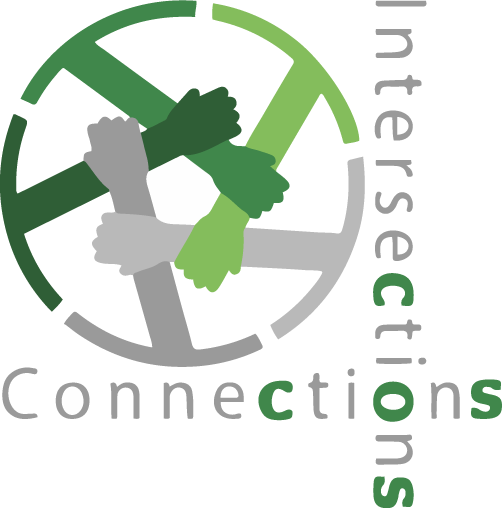Neurotypical Normativity: Ethics at the Intersection of Neurodiversity, Counseling, and Expressive Arts Therapy
Abstract
This paper explores the intersection of counseling education, clinicians-in-training, and neurodiverse clients. Arguing that there is an absence of adequate training to address the specific needs of clients with developmental disabilities, this paper introduces the term neurotypical normativity in order to name these deeply embedded biases operating within the mental health profession. The significance of acknowledging neurotypical normativity consists in the recognition that treatment should be tailored to the unique and specific needs of individuals with developmental disabilities. Insofar as they are subject to purely behavioral interventions, or else are corralled into the constrictions of existing DSM-5 classifications, clients with developmental disabilities find themselves categorized as a fringe specialty. This marginalization often generates modes of treatment that excludes the richness of their emotional and relational lives from the therapeutic encounter. By critically examining the connection between fundamental presuppositions, education, and treatment, this paper initiates an ethical call for therapeutic sensitivity to neurodiversity. Such a critique is an opening for creative, adaptive, and truly person-centered approaches to the clinical relationship.
Start Date
27-3-2019 10:00 AM
End Date
27-3-2019 10:50 AM
Room Number
U-Hall 3-100
Presentation Type
Paper
Disciplines
Counseling | Counseling Psychology
Neurotypical Normativity: Ethics at the Intersection of Neurodiversity, Counseling, and Expressive Arts Therapy
This paper explores the intersection of counseling education, clinicians-in-training, and neurodiverse clients. Arguing that there is an absence of adequate training to address the specific needs of clients with developmental disabilities, this paper introduces the term neurotypical normativity in order to name these deeply embedded biases operating within the mental health profession. The significance of acknowledging neurotypical normativity consists in the recognition that treatment should be tailored to the unique and specific needs of individuals with developmental disabilities. Insofar as they are subject to purely behavioral interventions, or else are corralled into the constrictions of existing DSM-5 classifications, clients with developmental disabilities find themselves categorized as a fringe specialty. This marginalization often generates modes of treatment that excludes the richness of their emotional and relational lives from the therapeutic encounter. By critically examining the connection between fundamental presuppositions, education, and treatment, this paper initiates an ethical call for therapeutic sensitivity to neurodiversity. Such a critique is an opening for creative, adaptive, and truly person-centered approaches to the clinical relationship.



